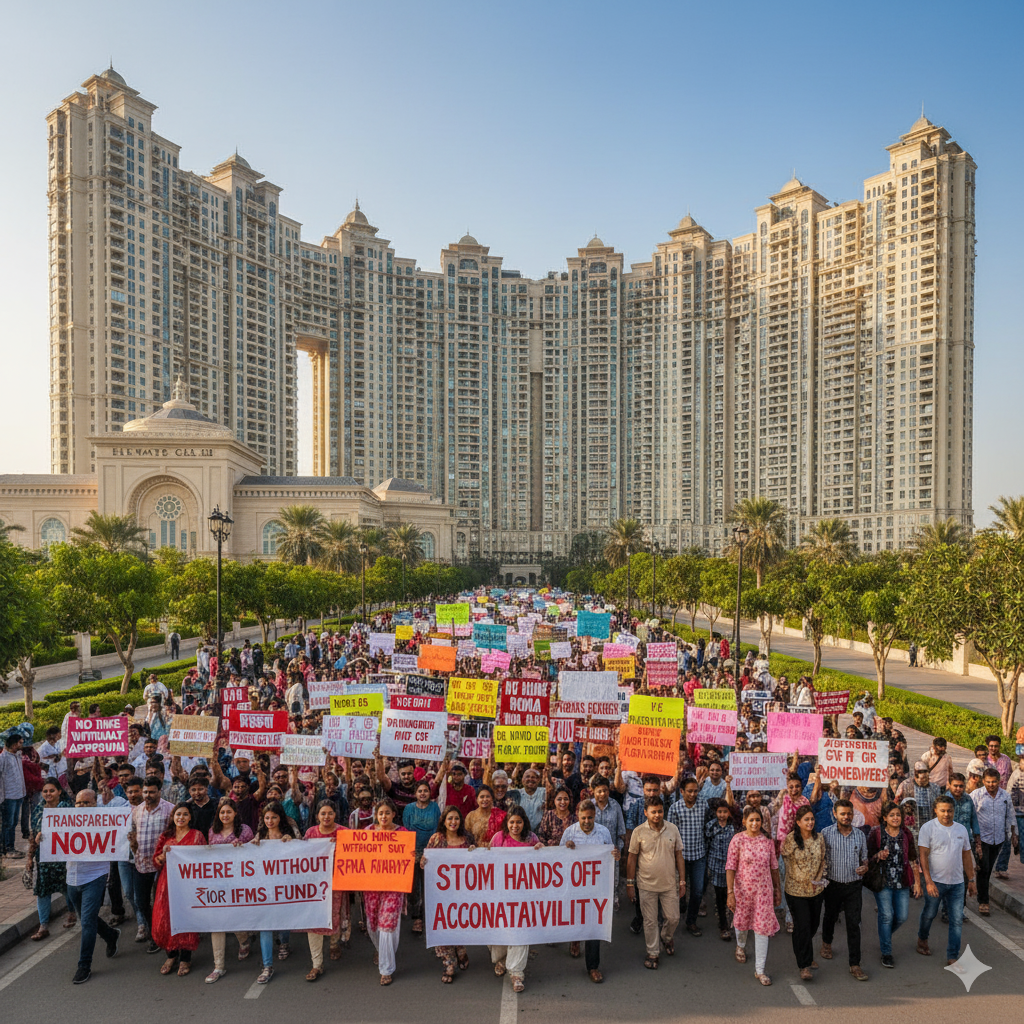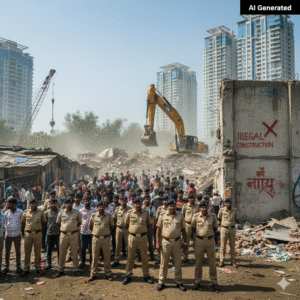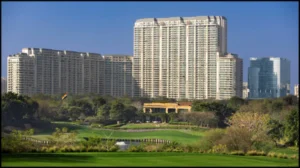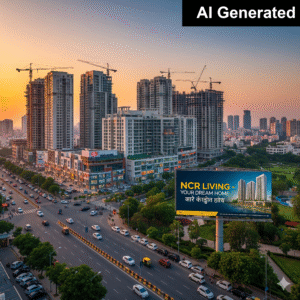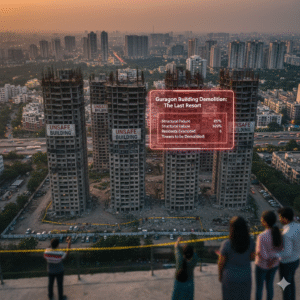The tranquil atmosphere of Gurugram’s Sector 65 was recently broken by a powerful display of homeowner solidarity. Over 200 residents of M3M Golf Estate, alongside the Golf Estate Action Group (GEAG), staged a silent protest march on a Sunday. They directed their frustration squarely at the developer and its associates. This demonstration was not a simple complaint about delayed amenities. Instead, it was a deeply rooted cry for accountability and transparency regarding massive sums of money collected for community maintenance. The M3M Golf Estate Protest highlights a growing nationwide friction between builders and the communities they develop.
The Missing ₹100 Crore IFMS Fund
The core of the residents’ grievance lies in the alleged misuse and non-disclosure of a substantial financial pool: the Interest-Free Maintenance Security (IFMS) fund. This fund exceeds ₹100 crore. It represents a significant investment by homeowners for their future community upkeep.
The developer allegedly failed to provide proper accounting for this money, despite repeated requests from the residents. This non-compliance became a central pillar of the M3M Golf Estate Protest. Homeowners demanded to know the status and utilization of their collective security deposit. Therefore, residents stressed that without transparency, trust erodes completely, leaving them in the dark about their residential society’s financial health.
Arbitrary Hikes and Defiant Orders
Beyond the IFMS fund, the developer’s actions regarding daily common area costs fueled the discontent. Residents strongly objected to the arbitrary increase in both the Common Area Maintenance (CAM) and Common Area Electricity (CAE) charges.
The situation escalated because the builder allegedly made these decisions unilaterally. They excluded homeowners from key discussions that directly impacted monthly expenses. Furthermore, protesters claimed this arbitrary hike defied existing District Registrar (DR) orders. These orders prohibit any such increase without a formal general body approval. This alleged disregard for regulatory guidelines intensified the resolve of the residents participating in the M3M Golf Estate Protest.
The RWA Governance Vacuum
A critical underlying issue contributed to the severity of the M3M Golf Estate Protest: the absence of a functioning Resident Welfare Association (RWA). Residents pointed out that more than eight years have passed since the last valid RWA election. They questioned how a society of this size could operate effectively and fairly without a legally constituted welfare body in place.
Consequently, this vacuum allowed the builder to allegedly conduct secret meetings outside the condominium. The developer appointed a select few residents to make major decisions on behalf of the entire community. This practice led the residents to accuse the builder of “unilateral decisions” and a profound lack of respect for democratic community management.
The Residents Stand Firm
The silent march began at the Elevate Club. Residents carried banners and placards that clearly articulated their demands: accountability, transparency, and legal compliance in their community’s management. Participants were unified in their announcement. They stated they would no longer tolerate the builder’s alleged financial opacity and high-handedness.
Developer Refutes All Allegations
The developer, however, strongly refuted the allegations. An M3M representative clarified that its operational RWA manages the Golf Estate community entirely. They stated that the RWA and its governing council solely take all decisions concerning the property’s management, maintenance, and day-to-day functioning. The representative further emphasized that M3M India plays “no role” in the RWA’s functioning or decision-making processes. They labeled any suggestion to the contrary as incorrect and misleading.
Setting a New Precedent
Despite the builder’s counter-claim, the sheer scale of the M3M Golf Estate Protest serves as a stark reminder of the deep governance issues plaguing many modern residential communities. It highlights the urgent need for timely RWA formation. Furthermore, it emphasizes the strict adherence to financial transparency protocols, especially for large, pooled funds like the IFMS. The outcome of this protest will likely set a precedent for future builder-resident disputes in Gurugram and beyond.
Source – TOI

